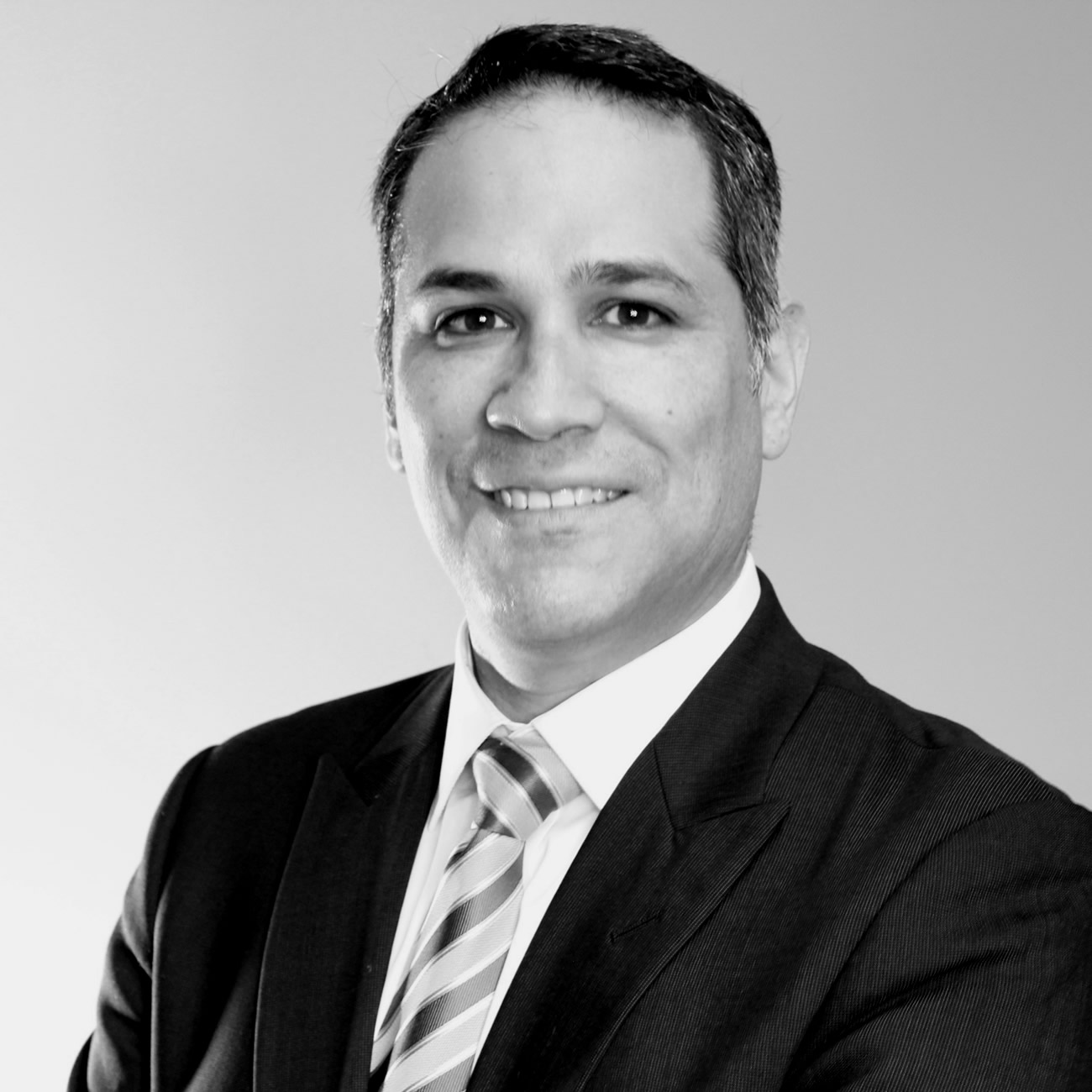By Jose Ruiz
Jose Ruiz serves as Alder Koten’s Chief Executive Officer providing vision, strategic direction and the roadmap for the firm’s future. He is also involved in executive search work focused on board members, CEOs and senior-level executives; and consulting engagements related to leadership and organizational effectiveness helping clients create thriving cultures.
The notion that there is a brick wall between a leader and the followers has become obsolete. It is true that leader leads and followers follow, but the separation between the two is a transparent veil, and sometimes there are overlaps between the two. The shift in culture and technology has influenced both leadership and followership considerably.
This new shift provides an unprecedented opportunity for learning how to become a better leader by being a good follower.
Barbara Kellerman, a leadership lecturer at Harvard University’s John F. Kennedy School of Government and author of Followership: How Followers are Creating Change and Changing Leaders, posited that we are now in an age where a significant shift in leadership has occurred. The dynamics between leadership and followership have changed in a way that the old definitions of “being a leader” must be revised.
For instance, in the 1980s, only approximately 20 percent of work in American corporations was team based. Today, more than 80 percent are. It is due to tasks have become much more complex, workers are distributed worldwide (effect of globalization), and the technology provides unprecedented convenience to work in teams for better and faster outputs.
It goes without saying that, today, the Internet and numerous productivity and project management apps have made working among team members much more engaging, rewarding, and transparent. With such a backdrop, the practice of leadership has evolved to accommodate the higher expectations of stakeholders for faster, better, and more cost-effective outputs.
The same thing can be said about being a follower. Followership has changed considerably, partly due to the popularity of distributed teams, which require more independent thinking, strong engagement with others through technology medium, and working on tasks as a part of the “crowd” (crowd working or crowd thinking). Now a “team” can consist more members than two decades ago, and many of them have not even met face-to-face.
For instance, before the Internet, writing a book is a one person’s task, which is completed within weeks, months, or, even, years. Today, a book can be completed within a few days or weeks with the involvement of a “crowd,” which comprises of tens or, even, hundreds of people working on the same project based on “micro tasks.” This crowd working is popular among IT and creative workers, where time is of essence and tasks are enormous.
Thus, being a leader is not a static position anymore. It requires extra flexibility to adapt to continuously changing the environment, including working with people of various backgrounds. Team members also change frequently, which require more effort to adjust. In short, due to those changes, the world has become so fast paced that a leader often must take many other roles to ensure that the team would work well and cohesively.
When a leader must follow, many things can be learned and adopted. After all, today, being a follower means more than “just following.” Followers are a leader’s partners in ensuring objectives and focused tasks are achieved and result in favorable outputs.
According to Prof. Kellerman of Harvard, the five traits of a good “follower” are awareness, diplomacy, courage, collaboration, and critical thinking. These traits are identical with those of a leader’s. In this day and age, both “leadership” and “followership” are merely two sides of the same coin.
About Alder Koten
Alder Koten helps shape organizations through a combination of research, executive search, cultural & leadership assessment, and other talent advisory services. The firm was founded in 2011 and currently includes 6 partners and over 28 consultants in 4 cities. The firm’s headquarters are located in Houston and it has offices in Guadalajara, Monterrey, and Mexico City with partner firms in New York, Boston, Chicago, Australia, Belgium, Brazil, Canada, Chile, China, Denmark, Finland, France, Hong Kong, Italy, Germany, Netherlands, New Zealand, Norway, Poland, Russia, Spain, Sweden, Switzerland, Turkey, and United Kingdom. We know where to find the executives you need and how to attract top talent to your organization. Our approach to executive search is based on a thorough understanding of the strategic, cultural, financial and operational issues our clients face. Our executive search engagements are targeted and focused on the specific requirements of the position including industry and functional experience, skills, competencies, cultural fit, and leadership style. Our process is rigorous. We take a disciplined and structured approach to identifying potential candidates that meet the position requirements including subject-matter, functional and regional expertise. We use our high-level professional networks, industry knowledge, and internal research resources to achieve results in every executive search engagement.This is a text block. Click the edit button to change this text.






